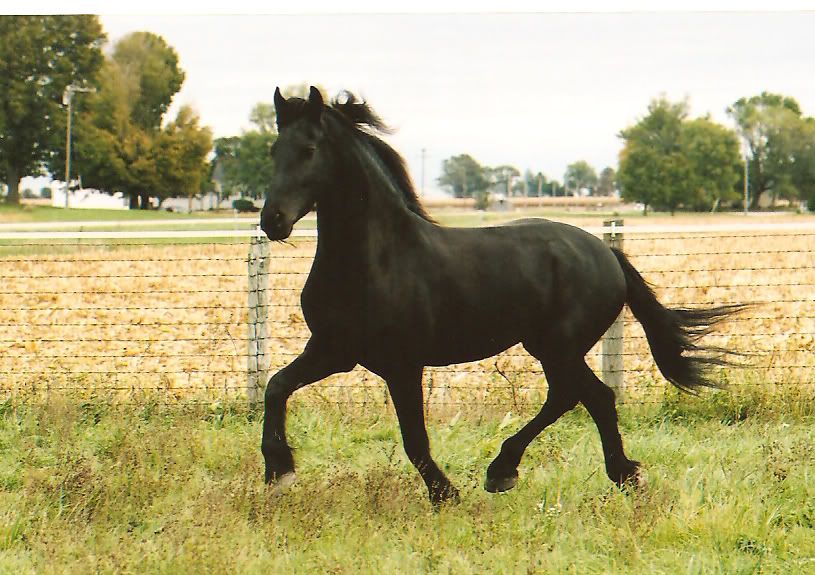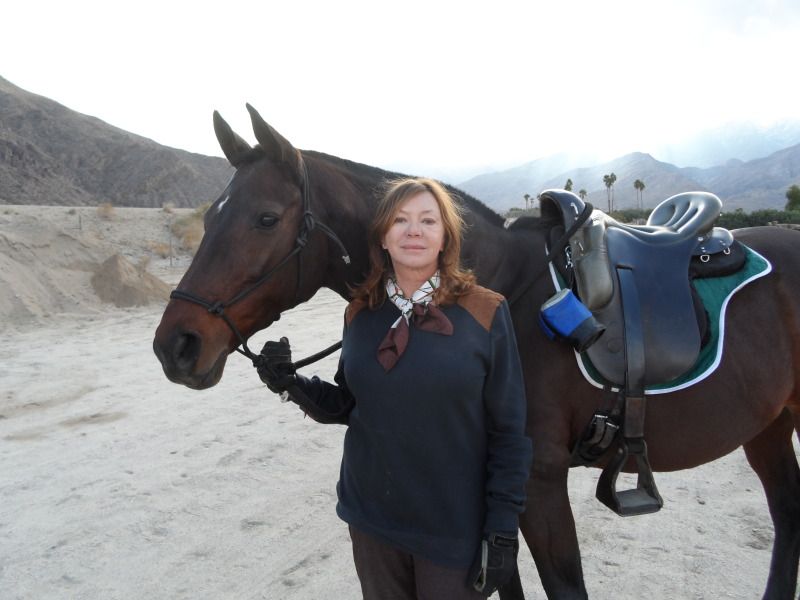Post by wildfire on Feb 1, 2005 19:45:32 GMT -5
The Minister Who Fought Abolition
The American Revolution was two years under way and John Chavis, a boy of fifteen, was enlisting in the Continental Army. I mention John's service in our war for independence because in later years he would speak of it often and with much pride. It would please him that he is remembered as a patriot.
After the shooting had stopped and the states were united, John attended Princeton University, then named Washington Academy.
Shortly after the turn of the century, he passed from the role of educated to that of educator. Over the next twenty-three years, he would operate schools in four North Carolina counties. Some of his students subsequently became governors, congressmen, diplomats, each doubtless greatly influenced by John's sociopolitical philosophy.
John was an avid anti-abolitionist.
In an era of arguments on both sides, he wanted the slaves to stay slaves.
John held this position not only as a slave owner, which he was, but as a social theorist who claimed knowledge of what was best for his country.
The Africans were lucky to be here under any circumstances, he declared. He expressed a fear of slave uprisings which might result from abolitionist encouragement. "Abominable wretches," he called the abolitionists.
"I would advise Americans to be on the alert for these abominable wretches."
In any event, he contended, freedom would be infinitely harder on the slaves than slavery.
John was not merely an opinionated Revolutionary War veteran, not just another self-serving slave owner, not only a reactionary educator interested in preserving the established social order. John was a Presbyterian minister!
Now, let me sketch you a little Presbyterian profile, vintage 1800. The church felt a keen sense of responsibility toward black people. Church authorities deplored slavery, considered it a national evil, were eager for the religious and secular education of blacks.
Yet there was John, a Presbyterian minister, proclaiming the nation's greatest enemy to be the abolitionist!
Slaves, John insisted, were personal property, period. It was the slave owner's right to do with the slave as he pleased.
John said: "The laws of the land declare that no legislative body shall pass a law to take away the property of a man without making remuneration. And here I would ask, has Congress the means at hand to remunerate the slave owners?"
John was deeply concerned that slavery might end suddenly one day. Even more deeply concerned over the tactics of the abolitionists.
Because John was both a renowned educator and a widely respected minister, because so many of his flock and friends and former pupils were in positions of influence, John's impact on the national conscience was considerable.
John Chavis preached to white men and women from his pulpit and taught white children in his classrooms the dangers of abolition and the right of free men to own slaves. And this doctrine which he believed with all his heart was particularly impressive coming from John Chavis, a Revolutionary War veteran, a learned theologian, a slave owner, a free man, a black man!
That is THE REST OF THE STORY.
8888888888888888888888888888888
Things aren't always as we are told by the "leaders".
If there is an interest I'll post about what we are seldom told of the life of Michael King or the WONDERFUL sermon of Reverend Archibald Carey.
Anyone interested?
8888888888888888888888888888888
When Hitler attacked the Jews I was not a Jew, therefore I was not concerned. And when Hitler attacked the Catholics, I was not a Catholic, and therefore, I was not concerned. And when Hitler attacked the unions and the industrialists, I was not a member of the unions and I was not concerned. Then Hitler attacked me and the Protestant church — and there was nobody left to be concerned.
-Pastor Martin Niemöller
The American Revolution was two years under way and John Chavis, a boy of fifteen, was enlisting in the Continental Army. I mention John's service in our war for independence because in later years he would speak of it often and with much pride. It would please him that he is remembered as a patriot.
After the shooting had stopped and the states were united, John attended Princeton University, then named Washington Academy.
Shortly after the turn of the century, he passed from the role of educated to that of educator. Over the next twenty-three years, he would operate schools in four North Carolina counties. Some of his students subsequently became governors, congressmen, diplomats, each doubtless greatly influenced by John's sociopolitical philosophy.
John was an avid anti-abolitionist.
In an era of arguments on both sides, he wanted the slaves to stay slaves.
John held this position not only as a slave owner, which he was, but as a social theorist who claimed knowledge of what was best for his country.
The Africans were lucky to be here under any circumstances, he declared. He expressed a fear of slave uprisings which might result from abolitionist encouragement. "Abominable wretches," he called the abolitionists.
"I would advise Americans to be on the alert for these abominable wretches."
In any event, he contended, freedom would be infinitely harder on the slaves than slavery.
John was not merely an opinionated Revolutionary War veteran, not just another self-serving slave owner, not only a reactionary educator interested in preserving the established social order. John was a Presbyterian minister!
Now, let me sketch you a little Presbyterian profile, vintage 1800. The church felt a keen sense of responsibility toward black people. Church authorities deplored slavery, considered it a national evil, were eager for the religious and secular education of blacks.
Yet there was John, a Presbyterian minister, proclaiming the nation's greatest enemy to be the abolitionist!
Slaves, John insisted, were personal property, period. It was the slave owner's right to do with the slave as he pleased.
John said: "The laws of the land declare that no legislative body shall pass a law to take away the property of a man without making remuneration. And here I would ask, has Congress the means at hand to remunerate the slave owners?"
John was deeply concerned that slavery might end suddenly one day. Even more deeply concerned over the tactics of the abolitionists.
Because John was both a renowned educator and a widely respected minister, because so many of his flock and friends and former pupils were in positions of influence, John's impact on the national conscience was considerable.
John Chavis preached to white men and women from his pulpit and taught white children in his classrooms the dangers of abolition and the right of free men to own slaves. And this doctrine which he believed with all his heart was particularly impressive coming from John Chavis, a Revolutionary War veteran, a learned theologian, a slave owner, a free man, a black man!
That is THE REST OF THE STORY.
8888888888888888888888888888888
Things aren't always as we are told by the "leaders".
If there is an interest I'll post about what we are seldom told of the life of Michael King or the WONDERFUL sermon of Reverend Archibald Carey.
Anyone interested?

8888888888888888888888888888888
When Hitler attacked the Jews I was not a Jew, therefore I was not concerned. And when Hitler attacked the Catholics, I was not a Catholic, and therefore, I was not concerned. And when Hitler attacked the unions and the industrialists, I was not a member of the unions and I was not concerned. Then Hitler attacked me and the Protestant church — and there was nobody left to be concerned.
-Pastor Martin Niemöller





